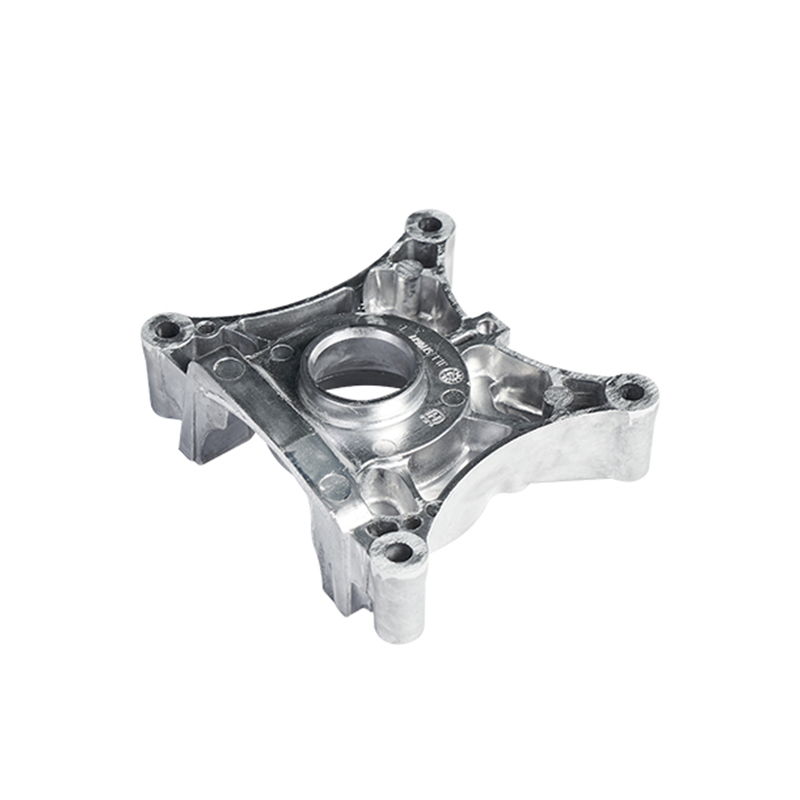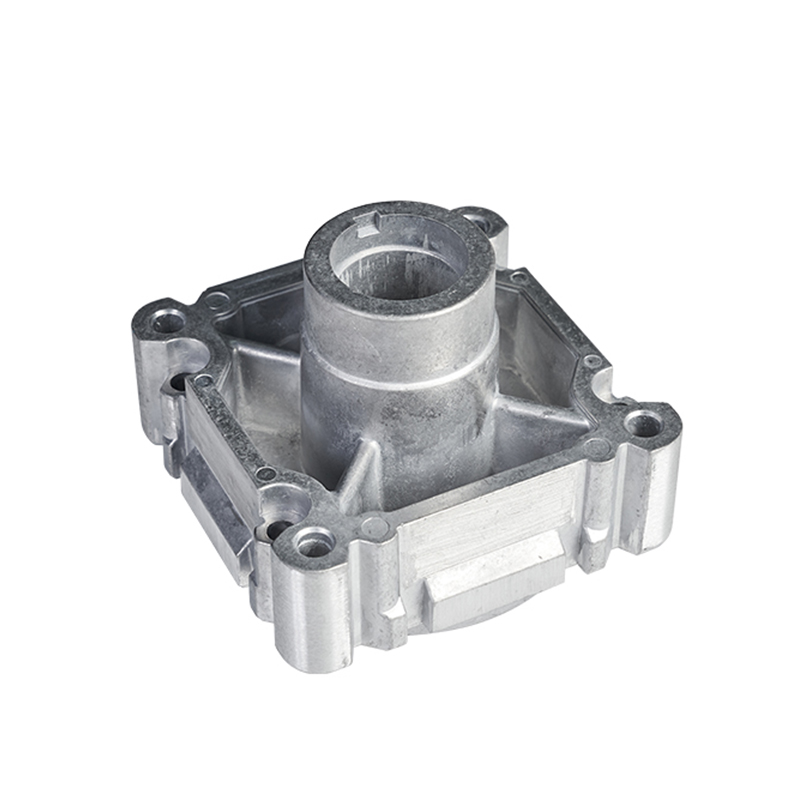We use cookies to enhance your experience. By continuing to browse this site you agree to our use of cookies. More info.
Palsgaard, a leader in plant-based additives for the plastics industry, has announced that its Einar® 611 bio-based anti-fog surfactant has been successfully specified by a major Korean supplier of food-grade polyethylene (PE) film solutions. The customer had been looking for a cold anti-fog additive that would effectively protect the packaged food from spoilage by preventing the formation of condensation droplets on the inside of the film. At the same time, the surfactant had to eliminate regulatory concerns with regard to its chemistry and provide superior functional performance at cost-effectively low concentration. Pet Masterbatch

“The importance of food packaging and its role is ever-changing, from the mere protection of food items from the outside in nice packaging to concerns about food safety and product shelf life,” says Ulrik Aunskjaer, Global Business Director for Bio-Specialty Polymer Additives at Palsgaard. “Our plant-based Einar® 611 anti-fog has proven itself a perfect choice in this PE film application to minimize the risk of moisture accumulating in small reservoirs on the inner surface of the packaging film, where bacteria could grow and then drop down and spoil the food.”
In an iterative sampling process focused on the customer’s specifications and needs, comprehensive experimental and trial data was shared between the partners to optimize and validate the film solution. In this process, Palsgaard’s Polymer Application Centre in Denmark provided valuable support in assessing the right concentration level of Einar® 611 in this cold anti-fog application and helping the customers accelerate the time-to-market of the new PE food packaging film.
As a renewable polyglycerol ester made from vegetable oils that are not competing with food or feed sources, Einar® 611 has been developed as a highly effective replacement for conventional anti-fog chemistries, such as glycerol monooleate or sorbitan esters, in demanding PE film formulations designed for sensitive food packaging. With anti-fog performance matching or exceeding that of non-vegetable fossil-based incumbents, it delivers excellent results in LDPE and LLDPE as well as coextruded and laminated PE film at low loading levels (typically 0.2% to 0.4%) for both cold-fog and hot-fog applications. Moreover, it has proven itself as an ideal additive in PE masterbatches and shows no adverse effects on the mechanical, optical or barrier properties of the film, while offering high heat resistance and low volatility. The bio-based anti-fog surfactant is available in paste form.
From a perspective of food safety, the long-lasting anti-fog performance of Einar® 611 can also make a significant contribution to the reduction of food waste by preserving its freshness. The additive supports the clear view on the packaged product, which promotes its consumer appeal over a longer shelf-life, and meets all global food-contact standards, including kosher and halal. In addition, like all of Palsgaard’s plant-based polymer additives, Einar® 611 anti-fog exhibits a superior sustainability profile across the entire value chain from production to processing. Produced in fully CO2-neutral factories, it helps PE film manufacturers, masterbatch makers and processors minimize their Scope 3 emissions and mitigate fossil depletion.
In the meantime, along with expanding its production capacities, Palsgaard continues investing in its own Scope 1 and Scope 2 carbon-neutral production processes. At Juelsminde in Denmark, the company is building a biogas plant which will be using wastewater from Palsgaard, is expected to become operational in early 2023 and will cover 10% of the required gas supply on-site. Another project scheduled to commence in spring 2023 is the construction of a 60-acres solar power plant with an annual capacity of 60 GWh, generating sufficient renewable electricity to power all future capacity expansions currently planned at Juelsminde.
These investments complement Palsgaard’s current expansions at the Juelsminde site, including a state-of-the-art spray tower to go on-stream in 2023 and multiple new reaction, distillation and esterification facilities to be completed in 2024.
Visit Palsgaard at K 2022 in Düsselsdorf from October 19 through 26 in Hall 7, Level 1, Booth D20 to learn more about all these activities and discuss the sustainable benefits and superior performance of the company’s plant-based polymer additives for your business.
Source: https://www.palsgaard.com/polymers
Do you have a review, update or anything you would like to add to this news story?
AZoM speaks with Seokheun “Sean” Choi, a Professor in the Department of Electrical & Computer Engineering at the State University of New York. His new research details the production of a prototype circuit board printed on a sheet of paper.
Dr. Anne Meyer / Dr. Alyson Santoro
In our latest interview, AZoM spoke with Dr. Anne Meyer and Dr. Alyson Santoro who are currently collaborating as part of Nereid Biomaterials. This group is creating a new biopolymer that can be broken down by bioplastic-degrading microbes in marine environments, bringing us closer to reducing the i
This interview discusses how ELTRA, as part of Verder Scientific, produces elemental analyzers for the battery component space.
The BitUVisc is a unique model of viscometer, that can manage highly viscous samples. It is designed to keep the samples warm throughout the entire process.
Discover the FieldLab analyzer, a new, battery-powered, portable oil lab by Spectro Scientific that allows for rapid oil testing in the field.
The BeVision D2 is a dynamic image analyzer that is the perfect choice for the dynamic image analysis of dry powder and granules with its particle range of 30-10,000 microns and ability to analyze 24 different parameters.
This article provides an end-of-life assessment of lithium-ion batteries, focusing on the recycling of an ever-growing amount of spent Li-Ion batteries in order to work toward a sustainable and circular approach to battery use and reuse.
Corrosion is the degradation of an alloy caused by its exposure to the environment. Corrosion deterioration of metallic alloys exposed to the atmosphere or other adverse conditions is prevented using a variety of techniques.
Due to the ever-increasing demand for energy, the demand for nuclear fuel has also increased, which has further created a significant increase in the requirement for post-irradiation examination (PIE) techniques.
AZoM.com - An AZoNetwork Site

Plastic Masterbatch Owned and operated by AZoNetwork, © 2000-2022